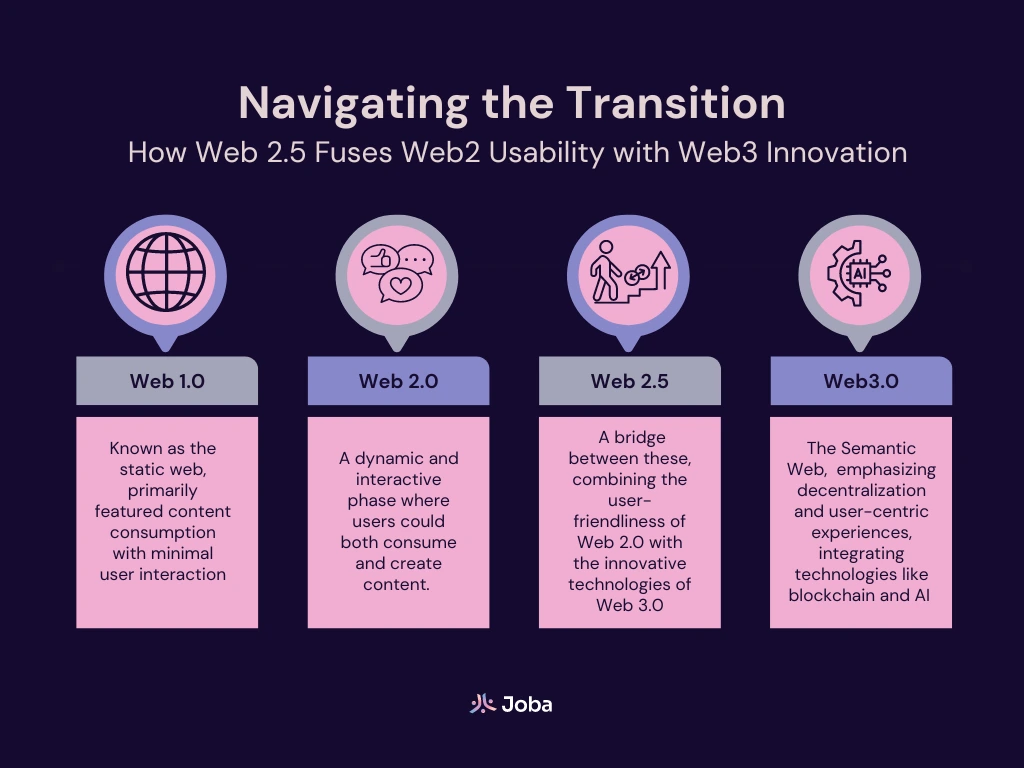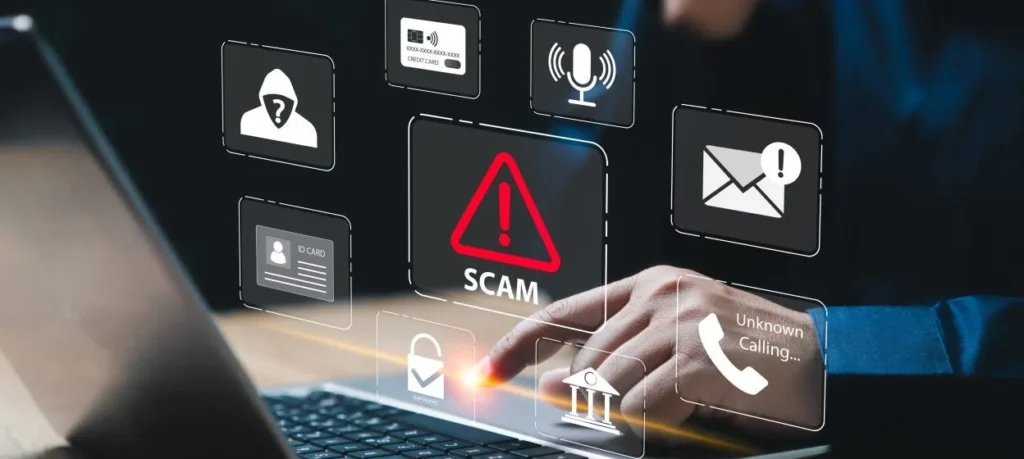Why the Shift from Web2 to Web3 Is Happening (Even If You Haven’t Noticed Yet)
Let’s get this out of the way first: yes, the phrase Web2 to Web3 reasons sounds like something from a tech startup pitch deck — but behind the jargon is a pretty big shift that’s already affecting how we use the internet every day.
Maybe you’ve noticed it… maybe not. But from digital wallets sneaking into your favorite apps to creators earning money from tokens instead of ads, this change isn’t just hype anymore. It’s real. So, why is this happening?
Let’s walk through it — not like a whitepaper, but like two friends trying to make sense of where the internet is going.

1. Web2 to Web3 Reasons : The Trust in Platforms Is Wearing Thin
Remember when Facebook went down for a few hours and half the internet panicked? Or when people started realizing how little control they had over the content they posted, or worse, their followers?
That’s a big one on the list of Web2 to Web3 reasons. In Web2, major platforms own your data, your audience, and often your revenue streams. Creators, developers, even users — we’re all kind of renting space from these giant companies.
Web3 flips that, or at least tries to. Instead of trusting platforms, you trust the code — smart contracts, blockchains, decentralized systems. It’s not perfect, sure, but the idea is: you own what you create.


2. Web2 to Web3 Reasons : Real Ownership of Digital Stuff (Finally)
Sounds weird, right? “Ownership” online has always been fuzzy. You might buy a digital album, but if the service goes under, so does your collection. Or maybe you bought a game skin — cool, but you can’t take it anywhere else.
Web3 changes that. NFTs, tokens, and blockchain identities aim to give users actual ownership — not just access. And while that word (“NFTs”) still makes some people cringe, the core idea isn’t going away. It’s about portable, verifiable digital rights.
That’s a huge draw for gamers, artists, and collectors — and one of the most cited Web2 to Web3 reasons among early adopters.


3. Web2 to Web3 Reasons : Monetization Without the Middlemen
Here’s where things get interesting: Web3 isn’t just about “freedom” in the philosophical sense — it’s also about money. In Web2, platforms take a cut. Sometimes a big one. Think YouTube ads, or the 30% fee Apple takes in the App Store.
Web3 opens the door to peer-to-peer payments, creator tokens, and decentralized finance tools. That means creators and developers can earn directly — maybe even more fairly.
Sure, the systems aren’t always user-friendly right now. And scams? Still a problem. But as the tech improves, the appeal of keeping more of what you earn — without platform gatekeepers — is hard to ignore.


4. Web2 to Web3 Reasons : It’s About Identity, Too
Web2 gave us accounts. Web3 wants to give us identities. In theory, your digital wallet or decentralized ID can move with you across apps — no more re-signing up for everything, or trusting random platforms with your data again and again.
This one’s still evolving, but for developers especially, it’s a compelling Web2 to Web3 reason: fewer logins, better privacy, and maybe — just maybe — a little less friction when building cool stuff online.
5. But Wait — It’s Not All Rainbows and Revolution
Let’s be honest: the Web3 pitch can sound utopian. But there are valid concerns. Regulation is still a grey area. User experience? Often clunky. Energy use? Improving, but still under scrutiny. And then there’s the question of whether everyone wants to manage their own keys, wallets, and assets.
So no — Web3 isn’t a magic fix. But for a growing number of people, the Web2 to Web3 reasons outweigh the risks. Especially when the alternative is… more ads, more tracking, more platform control.
Final Thoughts: The Shift Is Quiet, But It’s Real
You might not notice it at first. Maybe you’ve signed in with your wallet to mint a ticket, or played a game that rewards you in crypto. Maybe your favorite artist is launching tokens instead of merch.
That’s Web3 creeping in. Slowly, but surely.
And while the internet won’t flip overnight, there’s a reason more developers, creators, and even companies are making the move. The Web2 to Web3 reasons might not be loud — but they’re stacking up. And soon, you might find yourself part of the shift… whether you planned to or not.
Relevant Link : Here





